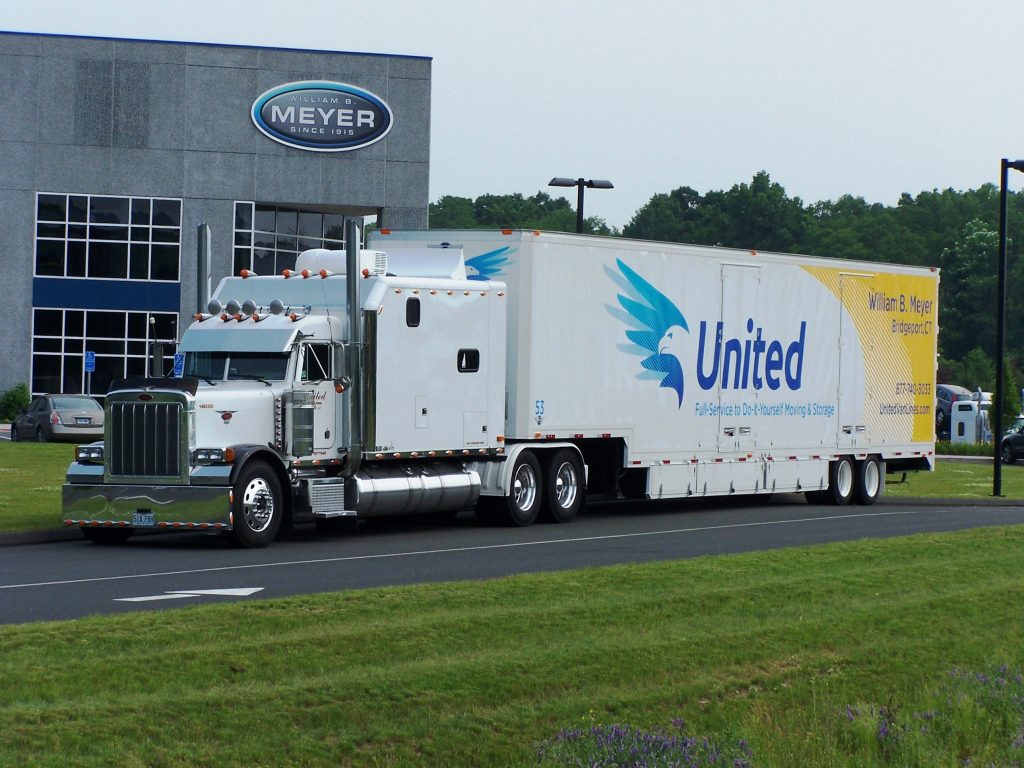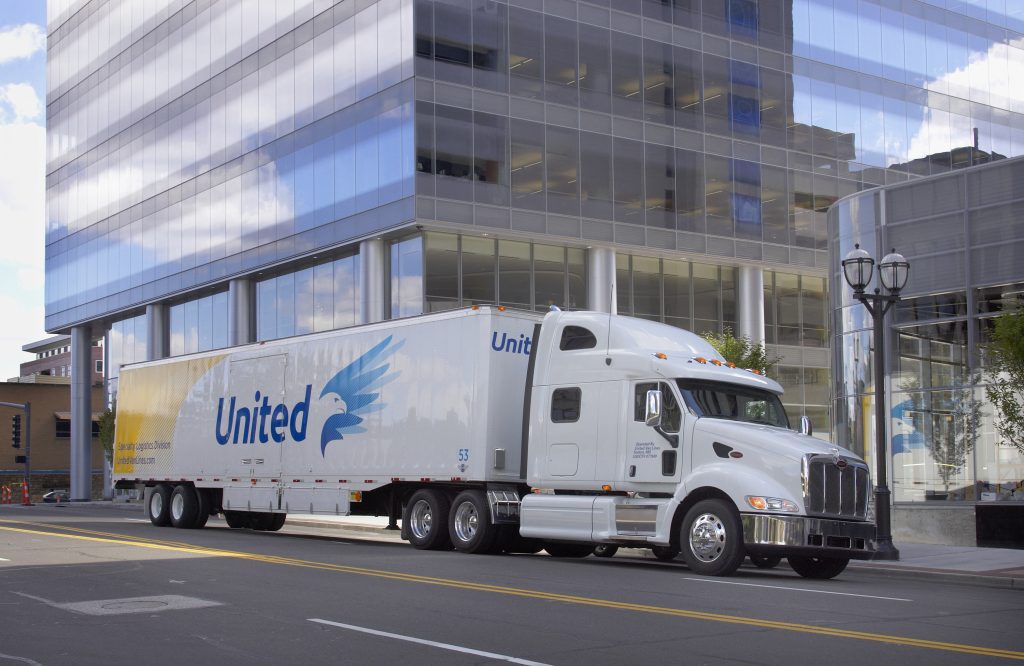Did you know approximately 40 million Americans move every year?
This means over 14% of the population is taking the time to consider very specific factors to consider when preparing to move. And that’s why it’s important to gather the facts to make informed decisions before your move.
Let’s take a look at how a local move differs from a long distance move.
The Local Move
The local move usually refers to a move within the same city, county or even state.
1. The Cost
The typical local move will cost anywhere from $1,000 to $1,200.
To get a general idea of how much manpower will be needed to move your stuff, consider the following:
- 1 bedroom = 2 movers
- 2-3 bedrooms = 2-3 movers
- 4 bedrooms = 3-4 movers
- Over 4 bedrooms = 4 or more movers
Moving rates will depend on the size of the crew needed to move your stuff.
2. Moving Terminology
A local move is referred to as an intrastate move.
The term intrastate is also dependent upon the distance in miles for most moving companies. For instance, even if you’re moving from north Texas to south Texas, the distance in miles may qualify you for a long-distance move.
3. Charges Associated with the Local Move
Almost all moving companies have a fuel charge for both local and long-distance moves for each mile covered.
The Long-Distance Move
The long-distance move typically refers to a move to another state or country. An international move will have different demands when compared to a local move or long-distance move..
1. The Cost
The average long-distance move will usually be within a range of $4,500 to $8,500.
The cost of a long distance move is dependent upon 3 primary factors:
- The amount of stuff you’re moving
- The weight of your stuff
- The number of miles to your new destination
2. Moving Terminology
Interstate refers to a move that crosses state lines.
It’s important to let your moving company know the approximate mileage from one location to the other. Generally, more than 400 miles is considered a long distance move.
3. Charges Associated with the Long-Distance Move
For an interstate move, you’ll likely be looking at paying fuel and linehaul charges.
Fuel Charges
The fuel fees will traditionally be based on the number of miles traveled, just like with a local move.
Linehaul Charges
Linehaul fees are determined by the price per pound for your belongings.
The moving company will weigh the empty moving truck. Then they’ll then weigh it with your belongs and subtract the truck weight.
Some places are just more appealing to those looking to relocate in the U.S. than others. And some people opt to spend more money to move to a place where they feel they fit best.
You decide what’s right for you.
Get Support for Your Move
Whether you’re moving to another county, another city, another state or a whole other country, you’ll want to know the facts.
And you’ll also want to seek support from those who know the ins and outs of the moving process. Moving companies are a good place to start.
For more help with your local or international move, check us out today.



